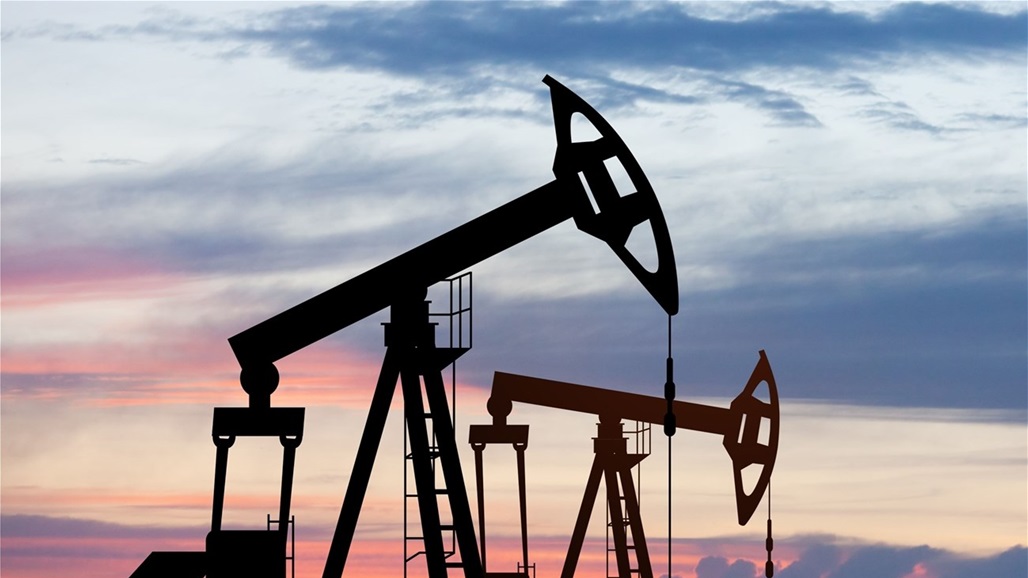Energy Leaders at "ADIPEC": Strong Indicators of Oil Demand Growth and Warnings of Investment Challenges

Senior officials in the energy sector agreed during the Abu Dhabi International Petroleum Exhibition and Conference "ADIPEC" that there are positive indicators supporting expectations of a strong increase in oil demand in 2026, following the "OPEC+" alliance's decision to suspend production increases in the first quarter of next year.
In response to a question about the possibility of an oil supply surplus, UAE Energy Minister Suhail Mohamed Al Mazrouei said: "I will not talk about a surplus scenario... I believe that all we expect is an increase in demand," according to Reuters.
For his part, OPEC Secretary General Haitham Al Ghais confirmed that forecasts indicate continued strong demand, adding: "We ensure that we maintain the balance between supply and demand," noting that there are no indications of surprises in the market.
The UAE and seven other OPEC+ member countries agreed to raise production targets for December, while suspending any additional increases during the first quarter of 2026, in a move aimed at regaining market share amid fears of a potential supply glut.
This strategy faces additional challenges following new Western sanctions imposed on Russia, a member of the alliance, as the United States and Britain have imposed restrictions on "Rosneft" and "Lukoil," which may limit Moscow's ability to increase its production.
Al Ghais pointed out that OPEC is gradually reintroducing barrels into the market, but it retains full flexibility "to change, suspend, or cancel" its decisions. He added that the alliance continues to reduce the voluntary cuts that have lasted for years, while its member countries contribute about half of the world's oil production.
Al Ghais predicted that oil demand growth this year would be around 1.3 million barrels per day, emphasizing: "The peak oil demand will not occur anytime soon."
The last production cut from OPEC+ is set to remain in effect until the end of next year, with representatives of eight member countries of the alliance scheduled to meet again on November 30, coinciding with a broader meeting of all member countries.
Minister Al Mazrouei emphasized the importance of investment in the energy sector to keep pace with the increasing demand resulting from the expansion of artificial intelligence and data centers, saying: "There is a need for more energy... and we must ensure that the investment environment allows for that." "If we do not achieve a balance between price and requirements, we will not have (sufficient investment flow) to achieve that."
The CEO of the Abu Dhabi National Oil Company (ADNOC), Sultan Al Jaber, confirmed that oil production will remain above 100 million barrels per day beyond 2040, despite short-term uncertainties. He said: "Geopolitical factors continue to shape trade flows and news. Complications persist, and sentiments drive the markets, with volatility no longer being a variable but rather the norm."
Al Jaber added: "We may face pressures in the coming months, but long-term forecasts indicate growth in demand for all forms of energy across all markets."
He also noted that electricity demand will continue to rise until 2040, warning that a shortage of gas turbines could lead to a supply crisis and rising electricity prices.
"There is a need for annual capital investments exceeding $4 trillion in electricity networks, data centers, and all sources of energy supply."
Al Jaber stressed the importance of reducing risks and providing appropriate regulatory frameworks to ensure energy flow to vital projects, adding: "We must free up idle capital tied up in existing energy infrastructure assets."
